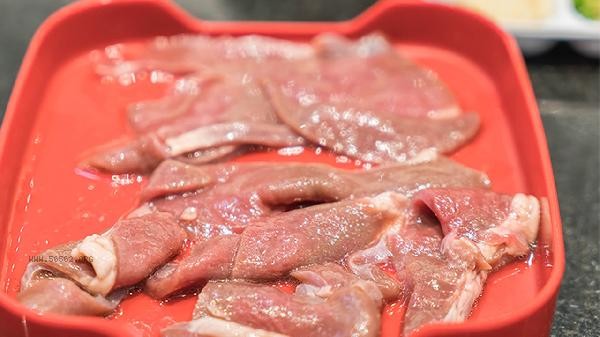The human body generally begins to burn fat 12 hours after stopping eating, and begins to break down muscles 48 hours later. This process is influenced by factors such as basal metabolic rate, exercise intensity, body fat percentage, hormone levels, and water intake. In the early stages of stopping eating, the body prioritizes using glycogen stored in the liver and muscles for energy supply. When glycogen reserves are depleted, triglycerides in adipose tissue are broken down into fatty acids and glycerol, producing energy through beta oxidation processes. This stage usually occurs between 12-24 hours on an empty stomach, and the specific time varies from person to person. People with higher body fat percentage may activate fat supply earlier, while those who exercise regularly may mobilize fat later due to their richer glycogen reserves. Maintaining moderate drinking water helps to eliminate fat metabolites. When fasting for more than 48 hours, the body will initiate protein breakdown metabolism. Amino acids in muscle tissue are converted into glucose through gluconeogenesis, providing energy for important organs such as the brain. If the body fat percentage is too low or protein intake is insufficient for a long time, the rate of muscle loss will significantly accelerate. Special groups such as diabetes patients may have earlier protein breakdown, while pregnant women, adolescents and other groups have higher metabolic needs, and muscle protection mechanisms are relatively weak. In this case, it is recommended to supplement branched chain amino acids in a timely manner to reduce muscle loss. Long term dieting may lead to a decrease in basal metabolic rate, which is actually detrimental to weight loss. It is recommended to adopt intermittent fasting combined with strength training, which can promote fat burning and protect muscles. High quality protein intake should be ensured in daily diet, such as eggs, fish, etc., combined with complex carbohydrates and healthy fats. In terms of exercise, it is recommended to alternate resistance training with aerobic exercise and maintain moderate high-intensity interval training every week. If you need to fast for a long time, you can consult a nutritionist to develop a personalized plan to avoid metabolic disorders and malnutrition.












Comments (0)
Leave a Comment
No comments yet
Be the first to share your thoughts!